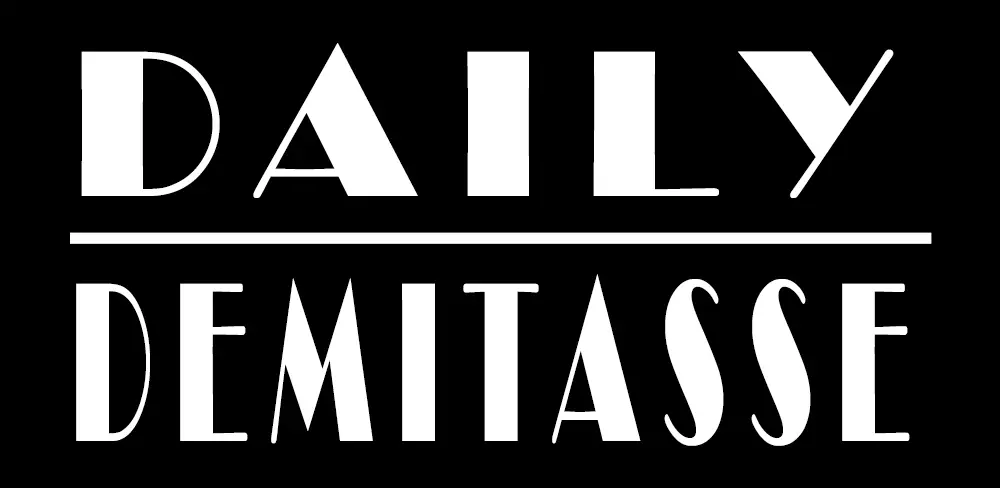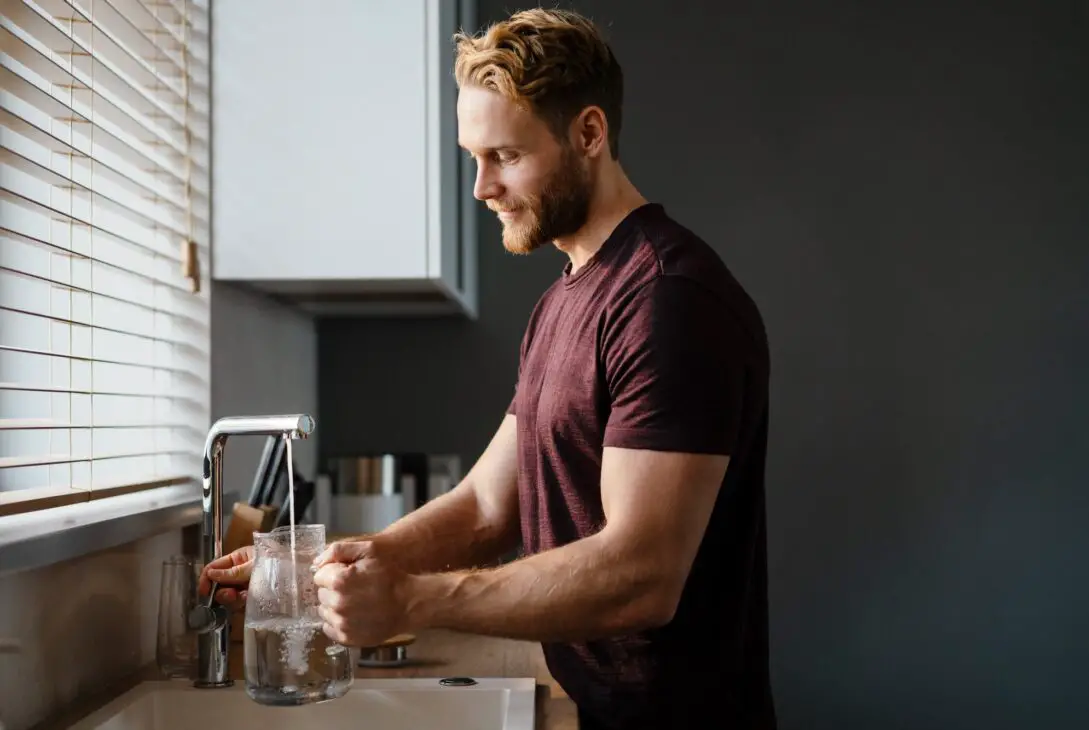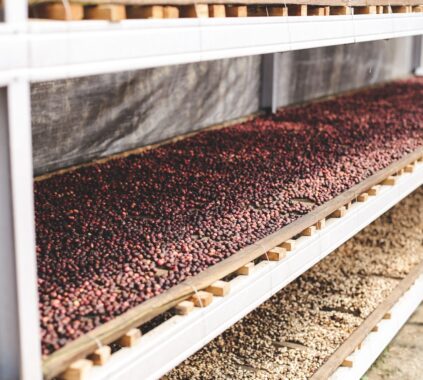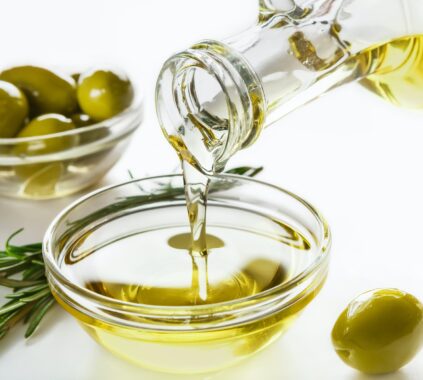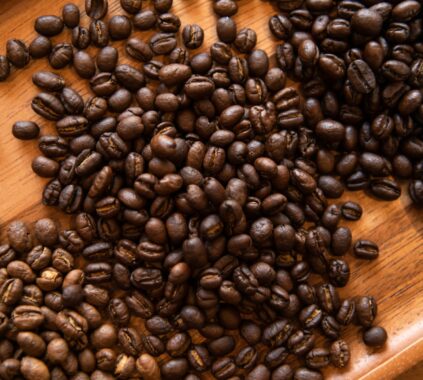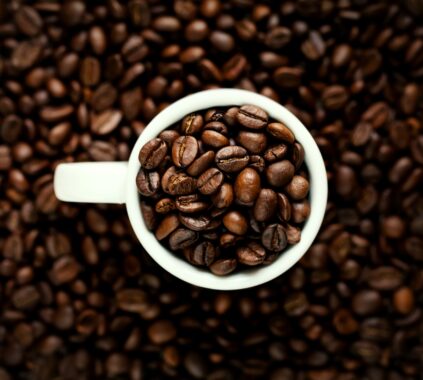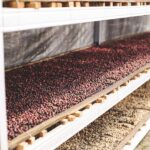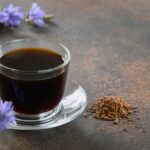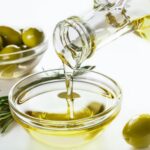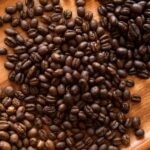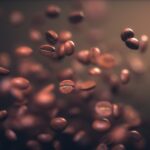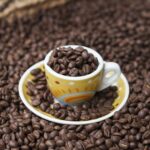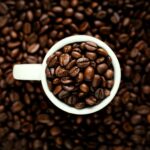You wake up, trudge to the kitchen, and begin your daily ritual of brewing your morning cup of coffee. But did you ever stop to think about the impact of water quality on your coffee’s taste? It turns out that the H2O you’re using can make a world of difference in the flavor and aroma of your favorite java. In this article, we’ll dive into the science of water quality and its effect on coffee taste, and provide you with a step-by-step guide to brewing with better water quality. Get ready for a transformative coffee experience!
Table of Contents
The Science of Water Quality and Coffee
Coffee is 98% water, so it’s no surprise that the quality of the liquid running through your beans has a significant impact on the final cup. Water quality is influenced by various factors, including mineral content, pH levels, and the presence of impurities. These variables can either enhance or detract from the flavors in your coffee, with some minerals even reacting with coffee compounds, altering the taste altogether.
For instance, when your favorite specialty coffee, let’s say Intelligentsia’s Black Cat Classic Espresso, is combined with water that’s too high in chlorine or other impurities, it can result in a taste that’s more reminiscent of a public swimming pool than a delicious morning pick-me-up.
The Role of Water Hardness in Coffee Taste
Water hardness refers to the amount of calcium and magnesium ions present in water. These minerals can have a significant effect on coffee extraction and taste. If the water you’re using to brew your morning cup is too hard, you might find your coffee tasting over-extracted and bitter, while too soft water can result in a weak, under-extracted coffee.
A real-life example? Imagine brewing your favorite Ethiopian Yirgacheffe coffee from Stumptown Roasters with hard water. Instead of the bright, fruity flavors you’ve come to expect, you might be left with a flat, dull taste that lacks the complexity of the original bean.
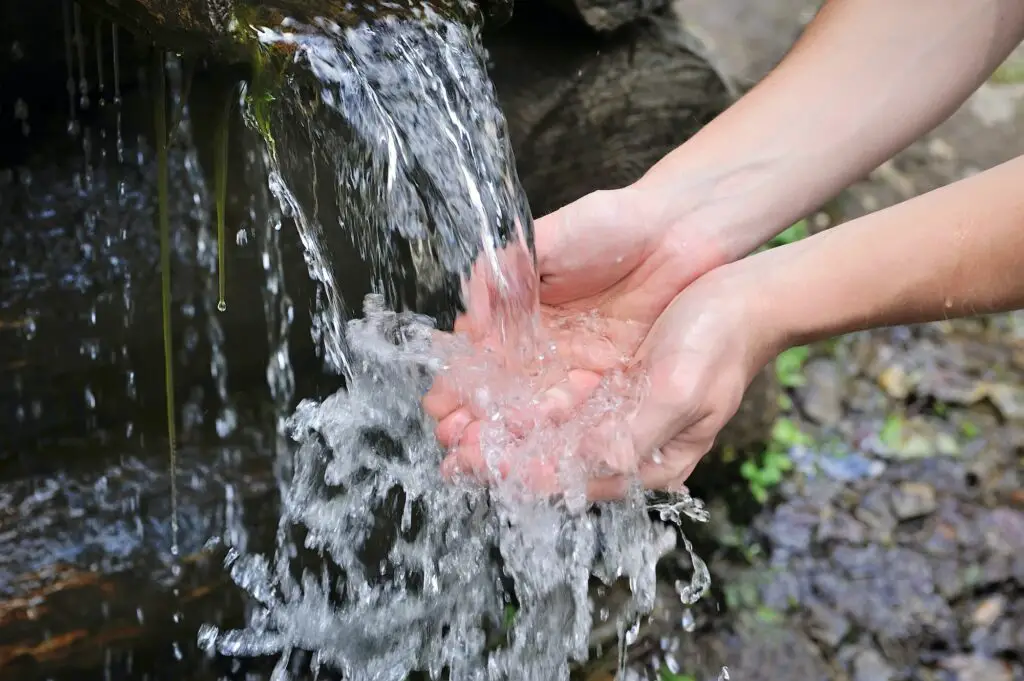
Optimal Water Composition for Brewing Coffee
The Specialty Coffee Association (SCA) recommends a water composition of 150 parts per million (ppm) of total dissolved solids (TDS) for optimal coffee brewing. TDS refers to the concentration of minerals and salts in water. The SCA also suggests a balance of calcium, magnesium, and bicarbonate ions for the best coffee extraction.
In short, you’ll want to use water that’s neither too hard nor too soft, with a balanced mineral profile to bring out the best flavors in your coffee.
How to Improve Water Quality for Coffee Brewing
If you’re ready to take your coffee game to the next level, here are some steps you can follow to improve the water quality for brewing:
- Test your tap water to determine its hardness and TDS levels.
- Use a water filter, like the Brita Everyday Pitcher, to remove impurities and improve the taste.
- Consider using bottled water with a balanced mineral profile, such as Crystal Geyser or Volvic, for consistent brewing results.
- Experiment with different water sources and compositions to find the best match for your preferred coffee beans.
Real-life Examples and Experiments
Now that you know the importance of water quality in coffee brewing, why not put it to the test? Here are a few real-life examples and experiments you can conduct at home:
- Side-by-side taste test: Brew the same coffee using different water sources (tap, filtered, and bottled) and compare the results. You might be surprised at how different your favorite Counter Culture Coffee Hologram blend tastes depending on the water used!
- Hard water vs. soft water: If you have access to both hard and soft water, try brewing the same coffee with each and see how the extraction and taste differ. Maybe that bright, fruity Kenyan coffee from Blue Bottle Coffee shines with soft water, or perhaps your chocolatey Guatemalan roast from Verve Coffee Roasters benefits from harder water.
- Water adjustments: Try adjusting the mineral content in your water by adding small amounts of minerals like calcium or magnesium to your brewing water. Observe how these changes affect the extraction and flavor profile of your coffee.
Step-by-Step Guide to Brewing with Better Water Quality
Ready to brew better coffee with improved water quality? Follow this step-by-step guide:
- Test your tap water: Use a water testing kit to determine the hardness, TDS levels, and overall quality of your tap water.
- Select a water source: Based on your test results, choose the best water source for your coffee brewing—filtered, bottled, or even a custom blend of minerals.
- Grind your beans: Use a quality grinder like the Baratza Encore to achieve a consistent grind size for optimal extraction.
- Heat your water: Aim for a brewing temperature between 195-205°F (90-96°C) to extract the best flavors from your coffee.
- Brew your coffee: Use your preferred brewing method, such as a French press, pour-over, or espresso machine, and enjoy the difference that better water quality can make!
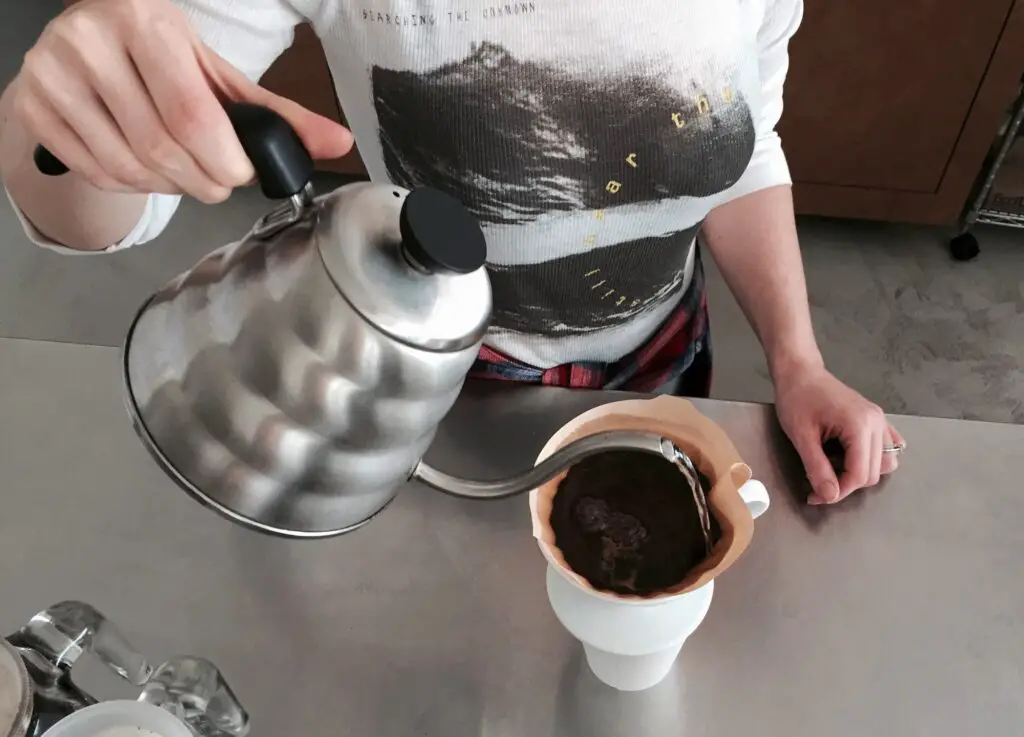
Frequently Asked Questions (FAQs)
Q: Can I use distilled water for brewing coffee?
A: While distilled water is pure and free of impurities, it lacks the minerals necessary for proper coffee extraction. This can lead to a flat, under-extracted cup of coffee. Instead, use water with a balanced mineral profile.
Q: What’s the ideal TDS level for brewing coffee?
A: The Specialty Coffee Association recommends a TDS level of 150 ppm for optimal coffee brewing. However, you can experiment with slightly higher or lower levels to find what works best for your taste preferences and coffee beans.
Q: Is it necessary to invest in an expensive water filtration system for better coffee?
A: Not necessarily. While high-end filtration systems can provide superior water quality, even using a basic water filter like the Brita Everyday Pitcher can improve the taste of your coffee. Experiment with different filtration methods to find what works best for you.
Water Quality Matters
Water quality plays a pivotal role in the taste of your coffee. By understanding the science behind water hardness, mineral content, and pH levels, and using a balanced water source, you can elevate your coffee brewing experience. Don’t forget to experiment with different water sources and brewing methods to find the perfect match for your beans. Say goodbye to subpar cups of joe and hello to a new world of coffee enjoyment!
Daily Demitasse is a participant in the Amazon Services LLC Associates Program, an affiliate advertising program designed to provide a means for sites to earn advertising fees by advertising and linking to Amazon.com. We also participate in other affiliate programs which compensate us for referring traffic.
